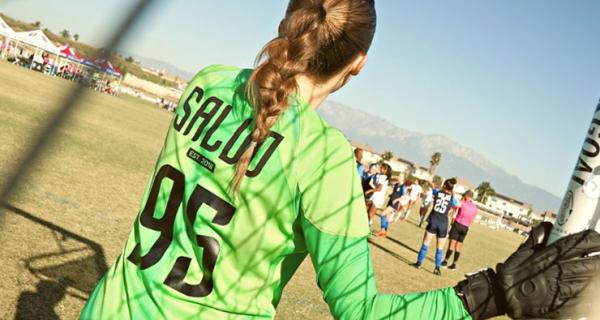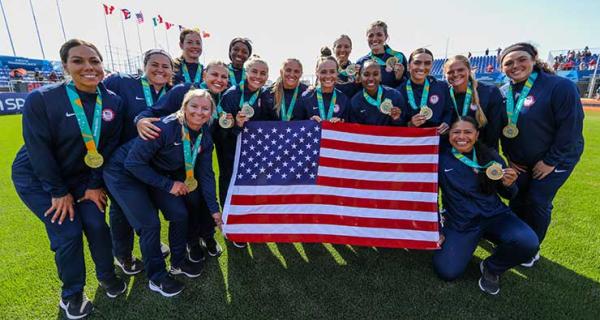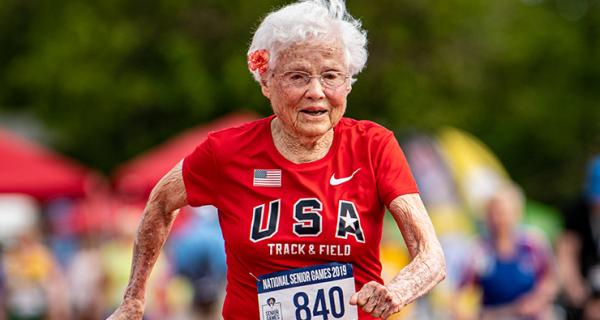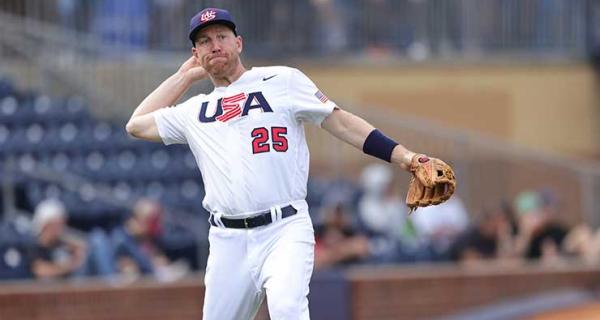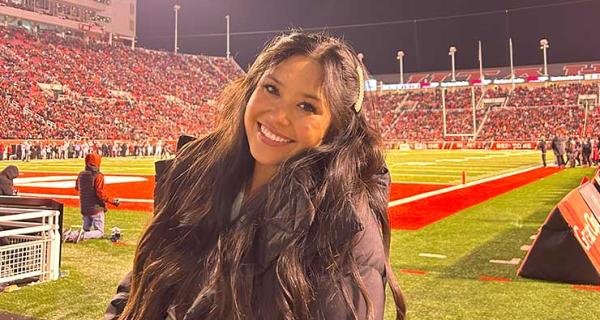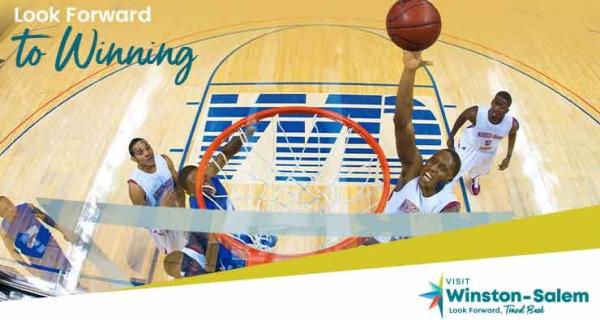Paralympic Swimming Star Jessica Long Traces Her Journey
At 18 months old, Jessica Long lost her legs—a result of fibular hemimelia, a disease she was born with. Long, now 28, has not done much losing since the amputations.
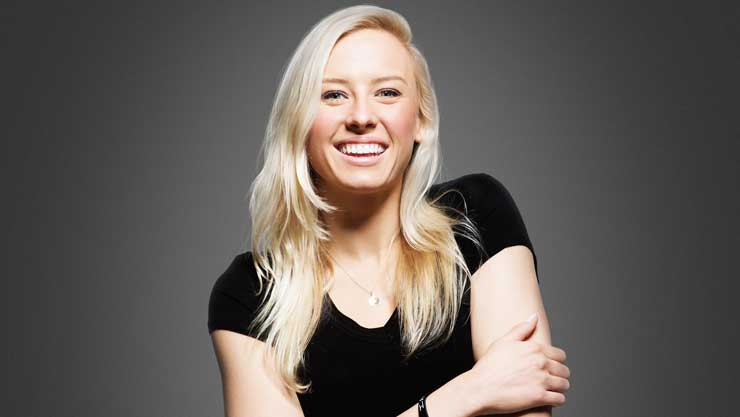
One of the most decorated U.S. Paralympians of all time, Jessican Long is easily comparable to Michael Phelps—and not because both grew up in Baltimore, Maryland. A star in all of the adaptive swimming’s disciplines, Long has amassed 23 Paralympic medals (13 gold) since representing the United States for the first time in 2004 when she was merely 12 years old. In 2006 alone, Long broke 18 world records.
Her big splash in the pool was impossible to keep secret. But below the surface, Long dealt with inner conflict she admits may never fully heal. Born Tatiana Olegovna Kirillova in Bratsk, Siberia, Long harbored anger over her Russian birth mother giving her up for adoption, and the resentment over losing her legs fueled her even as she became a star competing against others who lost limbs. In a made-for-TV moment, Long met her birth family in 2013 as a result of her athletic fame.
Married and happy, Long’s anxiety now stems from a readiness to get back in the pool. She is one of the athletes worldwide forced to restart their calendars in hopes of competing at the Summer Games in Tokyo in 2021. If she makes the U.S. team, it will be her fifth Paralympics.
As Long waits for practice to resume, she talked to Connect about her life’s journey and staying ready for the Tokyo Paralympics.
How do you try to remain ready for the Paralympics after the postponement to 2021?
The No. 1 thing about being an elite athlete is you just adapt. There are times at the Paralympic Games that things don’t go right and you have to go with the flow. Right now, it’s that mindset. I’m doing exercises in my living room and trying to stay positive. At the same time, you have to allow yourself to feel bad. A lot of athletes are grieving because we don’t have the Paralympics this year. It’s OK to mourn the loss but pick yourself up for the 2021 games.
How have you been coping with the lockdown?
We’re all doing the best we can. I’ve been looking up YouTube videos for ab exercises and stole some pieces from my gym before it closed down. My physical therapy facility is still open and I am able to go in and use its rowing machine. But for me, as a Paralympic athlete and not having my legs, swimming is my form of cardio. Doing those other exercises pales in comparisons. I’m used to getting two to four hours of cardio every day. I’m not sleeping well—a lot of swimmers are not.
You and the Paralympic movement have grown together. Can you trace how the games have grown since 2004?
It’s completely different. As I’ve gotten older and it’s been televised and with sponsors—you can’t just sponsor the U.S. Olympic team—it’s been gaining so much momentum. They were first televised in Rio and I think Tokyo is going to be huge. One day, I hope the Olympic and Paralympics swimming trials are held together.
How were you able to accomplish so much when dealing with a lot of inner turmoil?
Going through the 18 world-record breaking performances, you think it’s going to fulfill you. I think people do that every day—buying a new car, house or even having a kid and thinking this is going to change your marriage. No matter how many records you break, life isn’t going to change. It’s about the journey. I am still not completely satisfied. Maybe that’s the athlete in me. If I was completely satisfied, I would not have gone to four Paralympics.
You seem happy now. Does that change things when competing?
There will always be things I work through, but there is not a hard shell over my heart anymore. I’m figuring out how to swim without being angry—that has been the hardest thing.
How do you find the courage to share so much of your life story?
Asking someone to share their most vulnerable secrets comes with being a Paralympic swimmer. But with that comes opportunities like meeting my birth family. Without swimming, I would never have met them—that is insane to me and so cool. When NBC approached me with the opportunity with the documentary, what was I going to do, say no? I’m not fearful; I do the hard things. When sharing my story, I don’t want to share just parts of it. There is such freedom in telling the whole story.
Watch the “I am Second” film featuring Long here.


